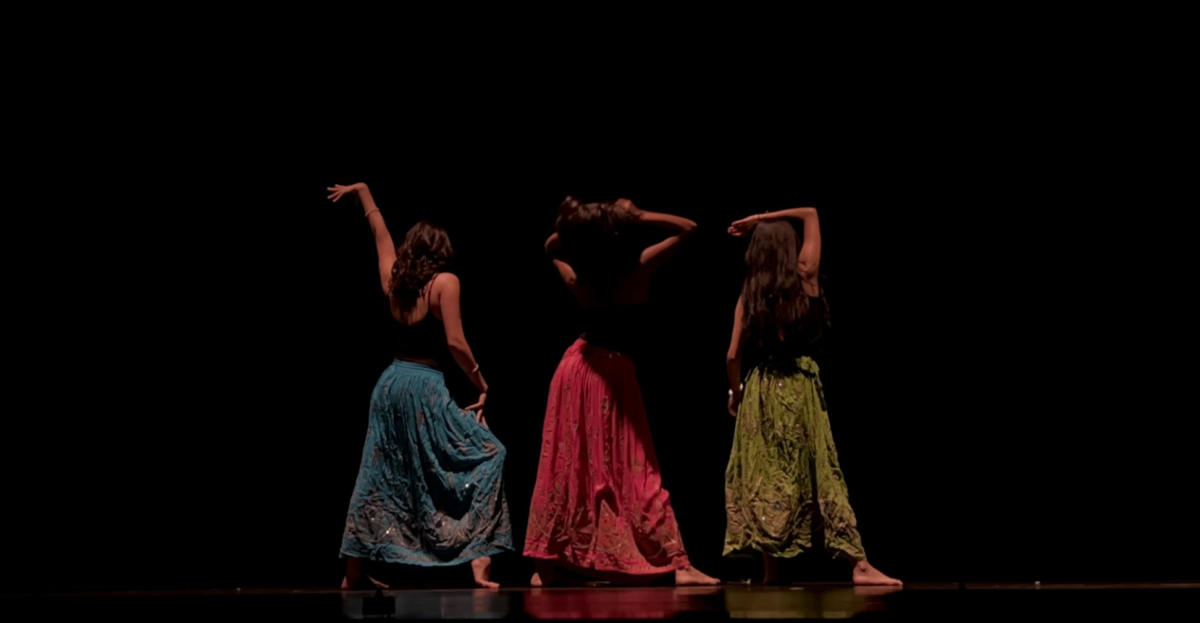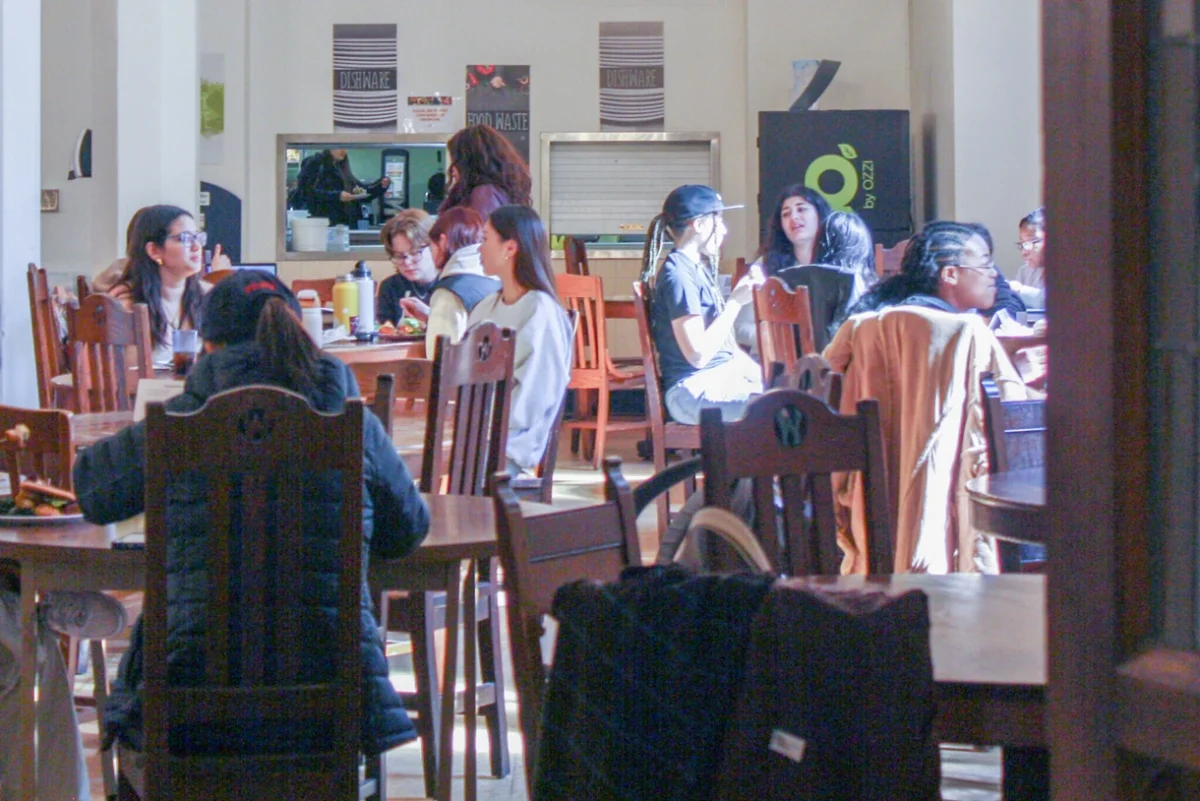Until my sophomore year, I never dreamt that I would be able to study abroad because it seemed financially out of reach. When I learned that study abroad would be accessible to me, I knew I was going all-in and doing a full year. Why shouldn’t I? The study abroad experience is marketed as a sun-kissed adventure that offers students instantaneous language skills. I was already becoming bored and resentful of Wellesley, and I had I discovered a new passion for learning languages, so studying abroad seemed like the perfect option.
I felt like a brooding indie white male trope, and study abroad was my manic pixie dream girl. Unlearning this neo-colonial and historically-rooted romanticization has been an uncomfortable, yet necessary process that I still am not able to fully articulate. My study abroad realizations are disjointed and disorganized. I cannot package them into a pretty monologue. I so badly wanted to have a short and cute elevator speech, but instead I am left with clunky reflections about nationality, mental health and privilege.
In all of the checklists and brochures I received, none really started the process of mentally or emotionally preparing me for studying abroad. I present you with an incomplete, but important start to an alternative study abroad checklist:
1. Be sure to pack your humility
I am currently studying abroad in Santo Domingo in the Dominican Republic. My culture shock started in the airport. Once I exited the airport terminals, I saw a runway to exit the airport. I use the word “runway” quite literally because there were crowds of people lined up on each side of the path holding flowers and signs while chanting. I was immediately overwhelmed.
I unsuccessfully tried to distinguish familiar Spanish words from all the chants. This led to my first and most textbook realization: I didn’t know as much Spanish as I thought I did. Without humility, it is easy to shut down and want to quit upon this realization.
Admittedly, I revert to English in my free time more often than I’d like to. However, I have since gotten used to being embarrassed and learning from the embarrassment. After adopting a sense of humility and an eagerness to improve, my Spanish acquisition has grown, and I’ve been able to form new relationships as a result.
2. Be sure to check your privilege
Everyone’s least favorite phrase is “check your privilege,” but that is exactly what I needed to do. However, privilege-checking is not the linear, quick process that the phrase may imply. It’s actually a constant journey, rather than a benchmark to pass. I remember driving from the airport to my host home with a knot in my stomach. The part of the city we were driving through looked nothing like the hundreds of videos and pictures I watched featuring the city. While still carrying that colorful Caribbean charm, I found that much of the city was disinvested and worn down. The neighborhood of Gascue, where my host home was located, included huge, abandoned houses that were falling apart. I later found out that Gascue was formerly home to the political elite, but when Dominicans from the campos started to come to the urban city, many of the politicians fled to more suburban neighborhoods in false fear of their poorer peers. I was disappointed, and ashamed that I felt disappointed. I realized that my shame came from a failure to unpack my many privileges, including the privilege that comes with being a United States citizen.
This country has a history of colonization, genocide and slavery, but being a citizen of the United States has its privileges—even if I am directly disadvantaged from those histories and realities at the same time. The wealth of my country comes from the drainage of others. I was forced to reconcile being a United States citizen reaping international privileges, while still feeling rejected by that same country. The United States is my country, and I can’t act detached from it because its foundation functions against me. Checking my nation-based privilege, among others, is uncomfortable, but it allows me to navigate space more ethically and responsibly. I’m still not standing for the national anthem, though.
3. Set up emotional support systems locally and back home
Depression is not curable. Mental health issues will not resolve themselves with sightseeing and great gastronomy. I had been taking my medication like a champ, which to me means I was taking it pretty consistently and only missing one or two days in between doses. I felt cured. I told the Stone Center I felt stable, and I was giddy to go abroad. I had never traveled outside of the country before, and all of these changes and homesickness began to trigger depressive episodes. I remember one night I had the time of my life. I went out dancing and hung out with my queer friends. I couldn’t believe I had a queer community abroad, and that they had welcomed me so openly. Later that night, I had a depressive episode. I did not know how to articulate it or even who to articulate it to, so I went to McDonald’s for the familiarity of the menu, the smells, the food and the decor. I was able to feel closer to home and concentrate on something other than how isolated I felt. But medium fries salted to perfection should not be my most accessible resource after a depressive episode.
Mental health resources abroad are so hard to obtain, and I firmly believe that any abroad program without easy and direct access to counselors is doing a disservice to its students. I missed my on-campus emotional support and access to counseling. I even missed my favorite crying spots. However, I felt comfortable reaching out to folks back home and at Wellesley through social media and text. These spaces allowed me to rant, cry and reach out in crucial moments. It is so important to schedule video calls, to make sure your friends have WhatsApp and to make sure you find ways to sustain emotional support systems. Being able to reach out and not feel like I’m losing relationships I have spent two years cultivating continues to be so important to me. To all of you who have held space for me when I needed it, thank you, and I love you all dearly.
Finally, I want to clarify that while being abroad has been hard, I am going to do it all again for another four months, this time in Spain. I tell this story not to discourage anyone, but to make sure that we all fortify ourselves to embrace discomfort instead of this romanticized ideal of adventure. This does not mean I believe my study abroad experience in the Dominican Republic has not been worthwhile. I believe that learning from discomfort is worthwhile. I believe in the magic of being able to connect and communicate with Black folk across the world—even if some would not call themselves that. I believe in the friendships I’ve made here. I believe in salchicha, pechuga, habichuelas and pastelón. All of the above realizations and experiences are important to me. Including my final one: that I miss Wellesley and cannot wait to make myself a part of the campus community for one last year. For now, though, me voy pa’alante.




